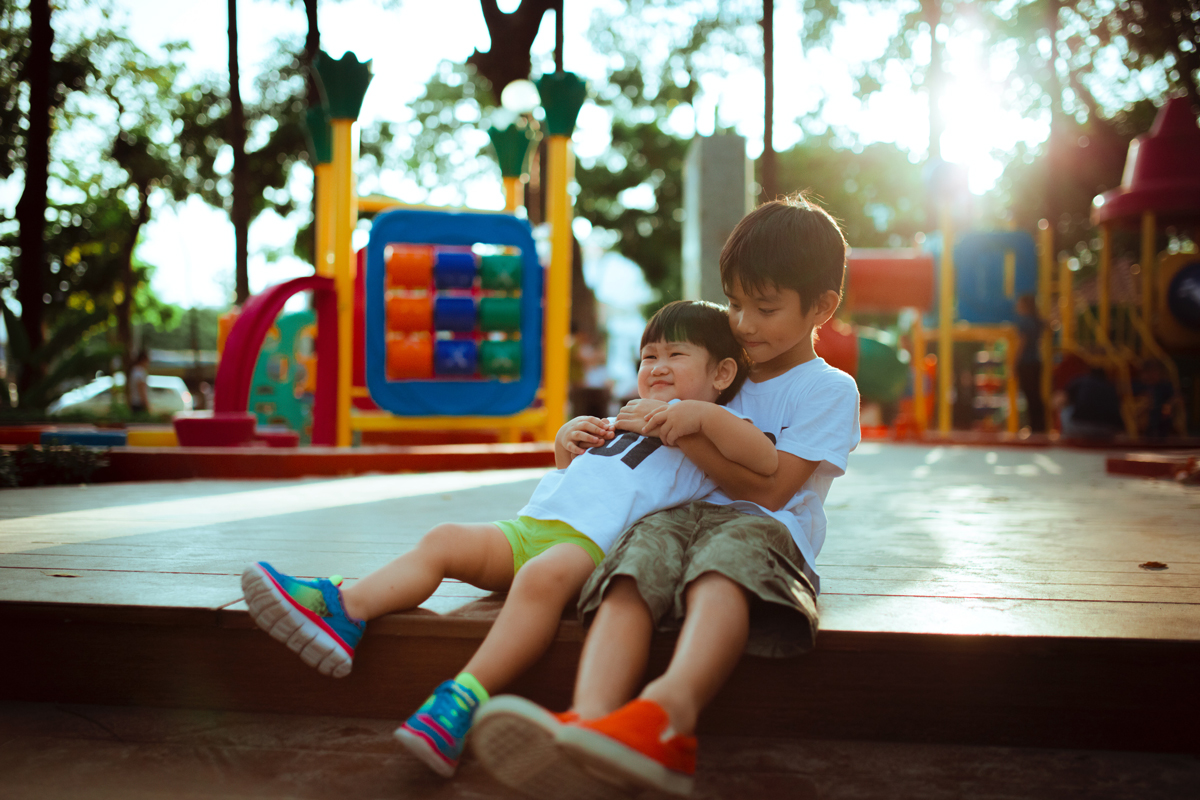 |
Outdoor time for about two hours per day does not have a negative impact on academic performance and may be more effective than physical exercise for myopia control. Photo: Hisu lee on Unsplash. |
The growing body of evidence linking time spent outdoors with lower rates of myopia development forms the basis of many guidelines worldwide encouraging such behavior. However, some parents—particularly those who prize educational progress highly—may hold the view that outdoor activities reduce the time available for learning and thus can result in poor academic performance among their kids. Fairly or not, this stereotype is sometimes ascribed to Asian family dynamics, note the authors of a recent study conducted in Shanghai. Also, Chinese schools often put restrictions on students’ outdoor time during class breaks and physical education class for the sake of encouraging academic performance, the authors note.
Results of their study, however, should ease the minds of parents who may feel they need to choose between their children’s academic performance and ocular health. In fact, outdoor time may promote both goals simultaneously.
A total of 3,291 kids between the ages of six and nine (mean age: 9.25) were included. Data was gathered from a prospective study of myopia intervention in school-based children called Shanghai Time Outside to Reduce Myopia. The researcher team investigated the association between time spent on different types of daily activity, including outdoor activity and academic performance.
The study revealed that when not exceeding a cumulative total of 2.3 hours per day, outdoor time was positively associated with academic performance; however, when exceeding a cumulative total of 2.3 hours per day, this correlation was no longer significant. From this finding, the researchers inferred that “more time spent outdoors would not negatively impact on academic performance,” they explained in their paper on the study.
The researchers also showed that outdoor time and sleep duration but not out-of-school learning time were positively associated with academic performance in Chinese, math and English. Sleep duration that exceeded 11.3 hours per day was not significantly associated with academic performance. Out-of-school learning was positively associated with academic performance only within 1.4h per day and then became negatively correlated with improvement when exceeding this period.
Concerning myopia prevention, the effect of outdoor time on academic performance was higher in this work than previous studies, so the authors speculated that time spent outdoors may be more effective than the physical exercise itself in improving academic performance.
Previous meta-analyses showed that two hours of outdoor activities per day could reduce the risk of myopia by 50% and three hours could reduce by 75%. Because of this, the authors suggested that efforts should be made to promote daily outdoor time at least to two hours—preferably three—since outdoor time does not reduce academic performance.
“The findings from this study are expected to improve perception as well as behavior among related stakeholders, including parents and teachers, and to open up a new insight for children myopia intervention practice and academic achievement as well as other children-related health issues,” the authors concluded. “Noting that this habit could play a positive role in increasing academic performance may serve as evidence of promoting children’s outdoor time.”
Wang J, Sankaridurg P, Naduvilath T, et al. Time outdoors positively associates with academic performance: a school-based study with objective monitoring of outdoor time. BMC Public Health. April 4, 2023. [Epub ahead of print.] |


